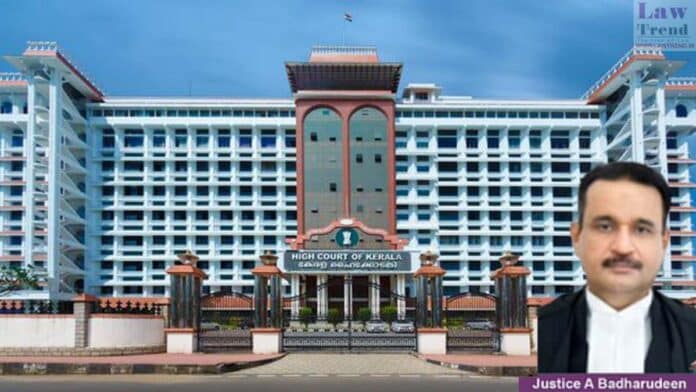In a significant ruling, the Kerala High Court has clarified that the sanction of the Central Government under Section 188 of the Code of Criminal Procedure (CrPC) is not necessary to prosecute a case of rape alleged to have occurred in Oman but with its origins in India. The judgment was delivered by Justice A.
To Read More Please Subscribe to VIP Membership for Unlimited Access to All the Articles, Download Available Copies of Judgments/Order, Acess to Central/State Bare Acts, Advertisement Free Content, Access to More than 4000 Legal Drafts( Readymade Editable Formats of Suits, Petitions, Writs, Legal Notices, Divorce Petitions, 138 Notices, Bail Applications etc.) in Hindi and English.




